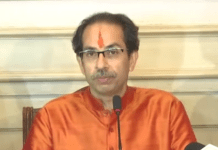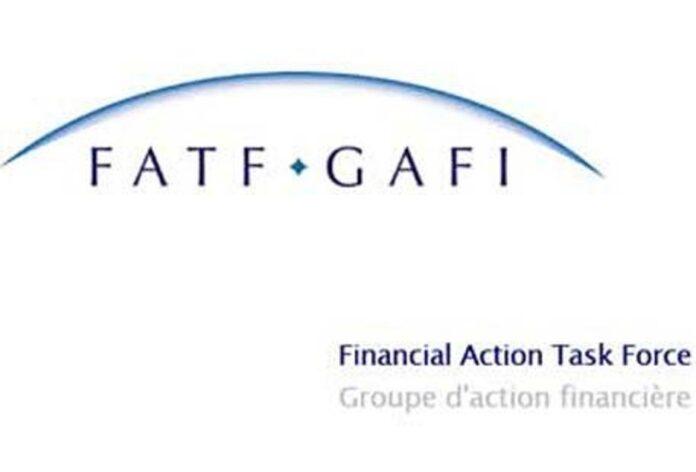On 7th March 2023, Government issued two gazette notifications making comprehensive amendments in Prevention of Money Laundering Act (PMLA) with regard to “Maintenance of Records” and virtual digital assets”.
For maintenance of records and financial reporting purposes, the responsibilities of financial reporting entities (such as banks) have been broadened to cover expanded definition of Non-profit organizations (NGOs) and Politically Exposed Persons (PEPs).
Now, NGOs include all charitable entities registered as a trust, society or Section 8 company. According to the notification, Non-profit organization (NGO) means any entity or organisation, constituted for religious or charitable purposes that is registered as a trust or a society or a Company (registered under the section 8 of the Companies Act). Bank or financial institution or intermediary will need to collect and maintain details of the founders, settlers, trustees and authorised signatories of the NGOs and register the details of the NGOs on the DARPAN portal of the NITI Aayog.
The notification defines Politically Exposed Persons (PEPs) to cover individuals who have been entrusted with prominent public functions by a foreign country, including the heads of States or Governments, senior politicians, senior government or judicial or military officers, senior executives of state-owned corporations and important political party officials. A bank or financial institution or intermediary will need to conduct know-your-customer (KYC) and maintain detailed records of the nature and value of transactions of PEPs and NGOs.
The financial records collected and maintained by the financial institutions will come handy to PMLA enforcement agency in investigation and prosecution of the offenders.
The second notification brings trade in virtual digital assets or cryptocurrencies within the ambit of PMLA. The following five types of financial transactions involving cryptocurrencies activities when carried out for or on behalf of another natural or legal person during business will be covered under PMLA:
- exchange between virtual digital assets and fiat currencies (legal tender issued by the central bank)
- exchange between one or more forms of virtual digital assets;
- transfer of virtual digital assets;
- safekeeping or administration of virtual digital assets or instruments enabling control over virtual digital assets; and
- participation in and provision of financial services related to an issuer’s offer and sale of a virtual digital asset.
Clearly, third party web-portals carrying out crypto transactions now come under the PMLA.
These two notifications give lot of teeth to the agency responsible for enforcement of the Prevention of Money Laundering Act (PMLA).
In nearly two decades of operation of PMLA, the conviction rate has been dismal 0.5%. One of the main reasons behind very low conviction rate has been said to be loopholes in the provisions of PMLA which the two notifications dated 7th March 2023 address comprehensively.
Notwithstanding the aim of improvement in conviction rate, the main reason behind the two notifications to strengthen PMLA is the forthcoming assessment of India by Financial Action Task Force (FATF) which is due later this year. Due to the COVID-19 pandemic and the pause in the FATF’s assessment process, India could not be assessed in the fourth round of mutual evaluations and the same was postponed to 2023. India was last evaluated in 2010. The two notifications comprehensively amend the Indian anti-money laundering law to align that with the recommendations of FATF.
The Financial Action Task Force (FATF) is an intergovernmental organisation that leads global action to tackle money laundering, terrorist and proliferation financing.
However, nearly all pollical parties in opposition in India have criticised the step and are suspicious about the real intention behind strengthening of anti-money laundering law that give more teeth to the enforcement agency.
***

























